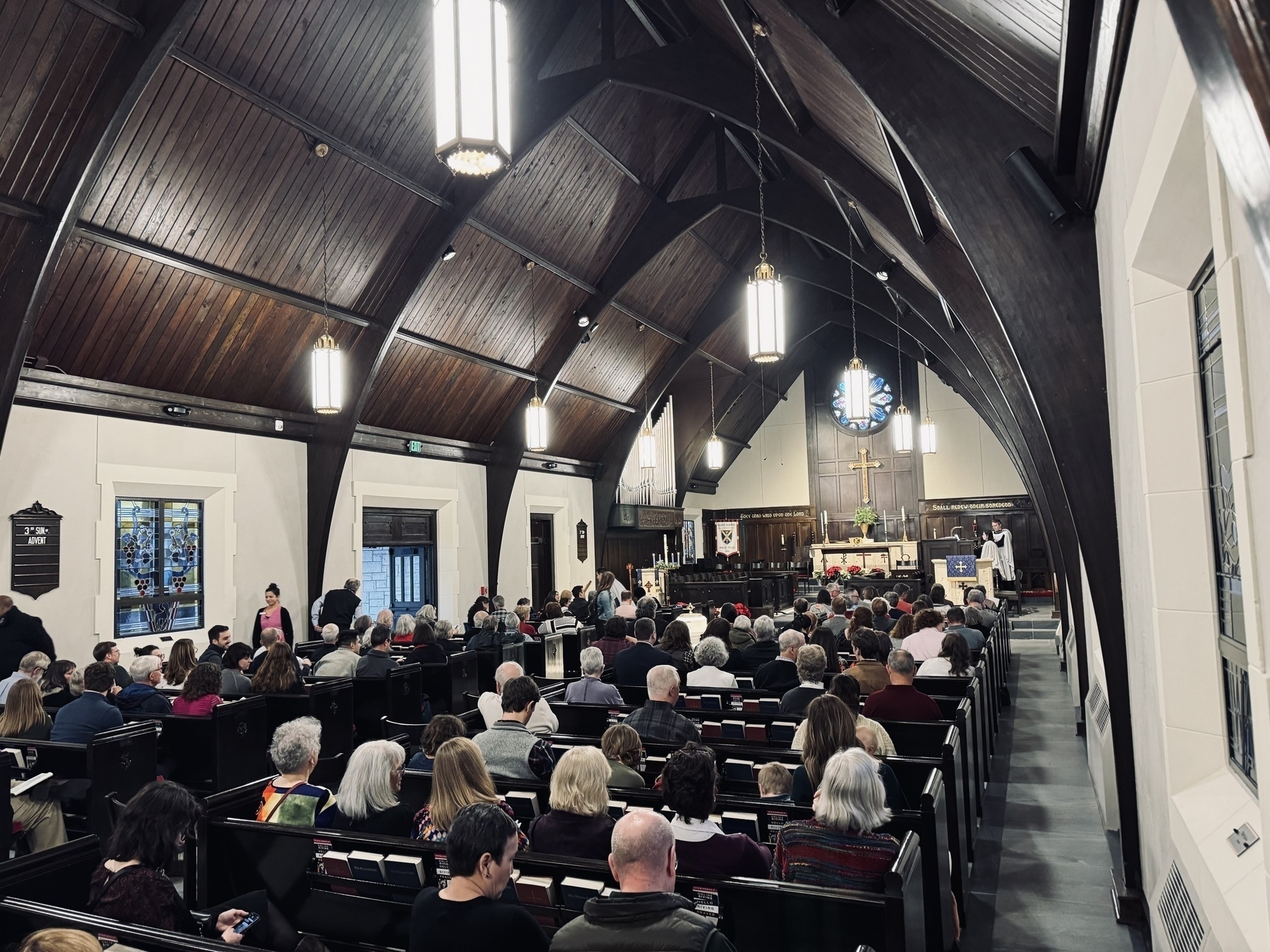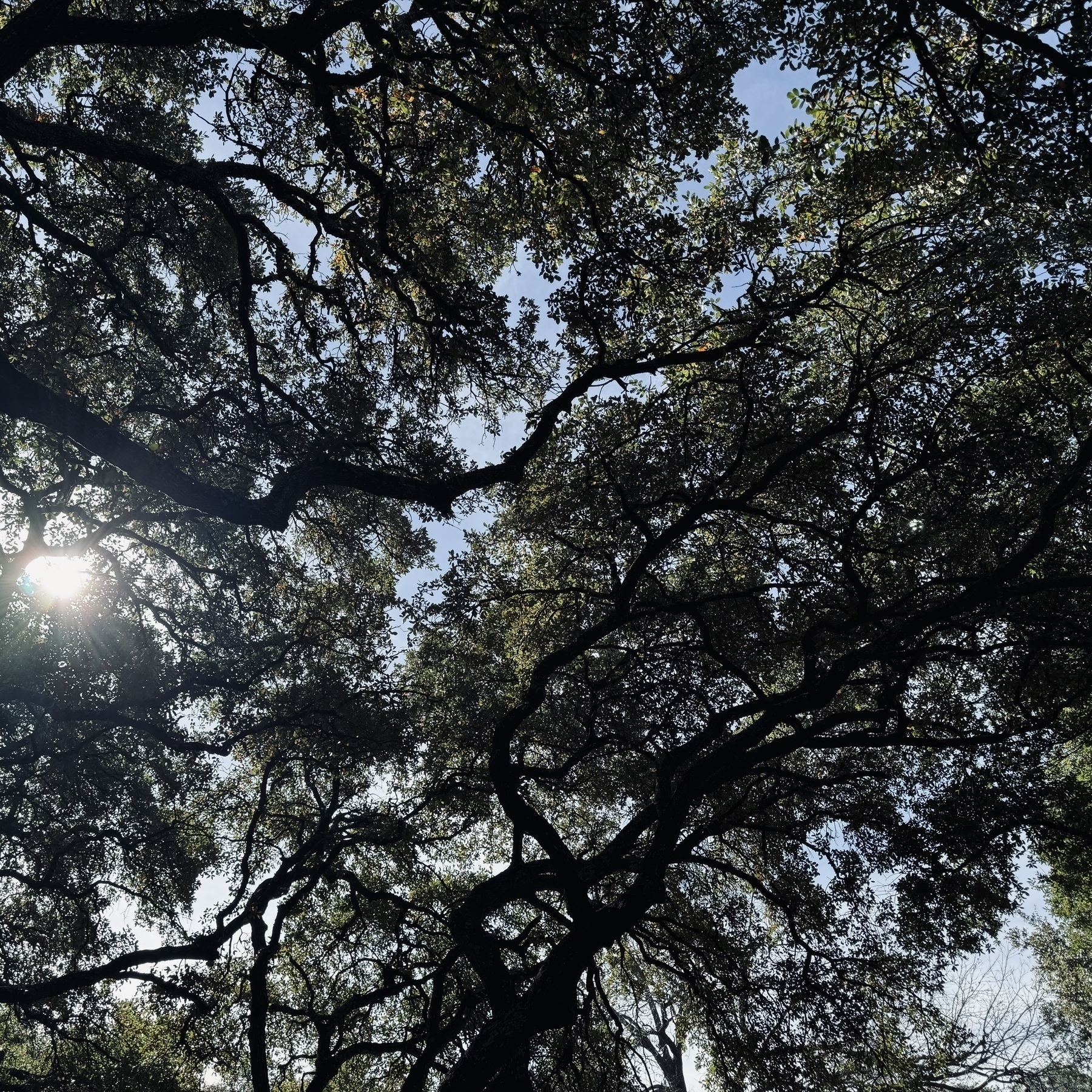cost-benefit
Carolyn Dever, writing about the ransomware attack on the British Library:
We’re past the days of card catalogs, alas: the modern library has long since converted to digital recordkeeping. What this means is that readers request books electronically, and the institution charts those books’ locations electronically, too. If I wanted to see what I had been working on last summer or a decade ago, I could look up my own user record to confirm. Well, I can’t do this right now, but researchers have taken this capacity for granted for a long time. If librarians wanted to see who’d laid hands on a certain volume of Michael Field’s diary, or on the manuscripts or earliest published work of Chaucer, Shakespeare, Shelley, Keats, the Brontës, George Eliot, Virginia Woolf, and so many more writers familiar today and others languishing, awaiting rediscovery, presumably they could, with a simple request within a digital file. Most importantly, if I wanted to request to see a specific book, I could look it up electronically, and then ask the librarians to find the physical copy.
Until Halloween, 2023, that is.
How ironic that the most quaintly analog form of research possible, using physical books in a physical library, has been devastated by the hijacking of a digital system. I am experiencing this irony as especially bitter this morning, having arrived at desk 1086 with my list of tasks, hoping against hope that the crisis had resolved. It hadn’t. I hope it will someday soon.
The books and manuscripts are there, the staff are there, the scholars are there — but the research can’t be done, because without the digital cataloging system there’s no way to access the materials.
There was a period in the Nineties (mainly), when libraries were gradually converting their systems from analog to digital, when you could use either system — though there were always warnings that not everything had been entered into the computer databases. Then, later, the warnings were that newer acquisitions were not to be found in the card catalog.
I had very mixed feelings about all this. In the mid-Nineties I was regularly using telnet to scan the holdings of libraries around the world, and that seemed miraculous to me. (In those years I led several summer study programs that were housed at St. Anne’s College, Oxford, and I could find out in advance which of the books I needed were available at St. Anne’s, at the other Oxford colleges, and at the Bodleian — though access to the Bodleian was hard for outsiders to get in those days.) On the other hand, I loved looking through card catalogs for the same reason I loved browsing the stacks: serendipity. I accepted the end of the card-catalog system, but with regrets.
In every library I regularly used, for some years after the system had gone fully digital the cabinets holding the cards stayed around. There had always been, sitting on those cabinets, pencils and sheets of paper on which you could write the call numbers you needed, but those had been taken away — oddly, because you could use them in exactly the same way you did before to find older books. But we were all being nudged towards the computer terminals. Eventually the cabinets were taken away and replaced by comfy chairs. The smaller cabinets are now widely available on eBay.
Twenty minutes early for the Festival of Nine Lessons and Carols and the house is already mostly full. We’re almost in the back row.

A battle between Sean Dyche’s current and former clubs should be called the Diet of Worms. (Niche, I know.) ⚽️
James Bennet: “My fellow editorial and commercial leaders were well aware of how the culture of the institution had changed. As delighted as they were by the Times’s digital transformation they were not blind to the ideological change that came with it. They were unhappy with the bullying and group-think; we often discussed such cultural problems in the weekly meetings of the executive committee, composed of the top editorial and business leaders, including the publisher. Inevitably, these bitch sessions would end with someone saying a version of: ‘Well, at some point we have to tell them this is what we believe in as a newspaper, and if they don’t like it they should work somewhere else.’ It took me a couple of years to realise that this moment was never going to come.”
Brewster Kahle: “Why should everyone care about this lawsuit? Because it is about preserving the integrity of our published record, where the great books of our past meet the demands of our digital future. This is not merely an individual struggle; it is a collective endeavor for society and democracy struggling with our digital transition. We need secure access to the historical record. We need every tool that libraries have given us over the centuries to combat the manipulation and misinformation that has now become even easier.”
words, words, words
Many of our arguments are fruitless because we don’t know the meaning of the words we use. And we don’t know the meaning of the words we use because meaning is not a property of language that our culture thinks important. In common usage, especially on social media, words are passwords, shibboleths — they are not employed to convey any substantive meaning but to mark identity. You use the words that people you want to associate yourself with use; it doesn’t go any further than that. If they call Israel an example of “colonialism,” then you will too, regardless of the appropriateness of the word.
For this reason, my frequent inquiries into the words and phrases people rely on as identity markers are probably the most useless things I write. But I keep writing them in the hope that at least a few readers will realize that they don’t have to accept the language that is most widely used, that they are free to use other words, or to ask other people what, specifically, they mean by the words they rely on.
In How to Think I conducted such an inquiry into the phrase “think for yourself.”
A while back on this blog, I tried to understand what people mean when they denounce “critical theory” — and “critical race theory” as well.
In a recent essay in Comment I ask whether people know what they mean when they use the word “gender.”
And today I’ve posted a short essay at the Hog Blog in which I suggest that the term “self-censorship” is incoherent and inappropriate.
Those are just a few examples; I could cite a hundred. I keep doing this kind of thing, fruitless as it sometimes feels, because if even a few people disrupt the thoughtless recycling of automatic phrases, some of our shouting contests could become actual arguments. And that would be a win.
Over at the Hog Blog, I write about why I don’t think there’s any such thing as self-censorship.
To the young blonde FexEx driver blasting D’Angelo’s Black Messiah from her truck: Respect. Total respect.
multiple social diseases
18 Warning Signs of a Deadly New Lifestyle - by Ted Gioia: — but they’re not all symptoms of the same disorder — or anyhow not in the same way.
“Anthropophobia — the fear of other people — is on the rise” is the chief theme, and “Time spent alone is rising for all demographic groups” and “People no longer build friendships” are related phenomena. But others may reflect quite different motives and concerns.
For instance: “After centuries of intense urbanism, more people now want to live in the country — away from bustling cities, suburbs, or even small towns.” This could be a symptom of anthropohobia, but it also could arise from a desire to reconnect with the natural world, a world our social order hopes to make irrelevant. (“Why move to the country when you can watch this YouTube video of snow falling in a wilderness cabin? — and without ads for a nominal monthly fee!”) So a desire to move to the country might be related to a settled and well-earned suspicion of Technopoly’s ability to meet all our needs.
(I know some folks who left big cities for small towns or the countryside during Covid and now couldn’t be brought back at gunpoint — and it’s not because they dislike people. They meet fewer people in the course of any given day, but the ones they know they know better, more meaningfully, than they knew the people they saw on a daily basis in the city.)
And: “Even humanities professors don’t want to deal with human beings.” The essay that Ted links to discusses, among other things, the difficulty that editors of academic journals have in getting peer reviewers for the submissions they receive. Until fairly recently, here’s how that worked: A journal editor wrote to me and asked me to review a manuscript. If I said yes, he sent me the manuscript and I wrote back with my thoughts. But now? An editor writes to me, tells me that he or she has taken the liberty of assigning me a username and a password at a website that manages a “reviewer database,” and at which I may fill out various forms and click various checkboxes on my way to providing a review that meets certain pre-specified criteria.
To that I say: Oh hell no. And my refusal is the opposite of not wanting “to deal with human beings”; it’s my declining to accept a transaction from which the humanity has been surgically removed by robots.
(Also: Why do editors have recourse to such semi-automated systems? Because they get so many submissions. Why do they get so many submissions? Because publish-or-perish is still the core principle of academic employment, and in an ever-shrinking academic job market humanities professors are cranking out scholarly articles at an unprecedented pace to try to make themselves viable candidates for the tiny handful of jobs still available. The real problem lies far, far upstream of my refusal to become another entry in someone’s database.)
So the various examples that Ted gives of this “deadly new lifestyle” point in varying and in some cases opposite directions. Some of these developments show people succumbing to Technopoly; others involve resistance to Technopoly. And that’s a big difference.
repair as scapegoat
Superficially, litter and the rusting carcasses of salvaged cars are both an affront to the eye. But while litter exemplifies that lack of stewardship that is the ethical core of a throwaway society, the visible presence of old cars represents quite the opposite. Yet these are easily conflated under the environmentalist aesthetic, and the result has been to impart a heightened moral status to Americans’ prejudice against the old, now dignified as an expression of civic responsibility.Repair stigmatized as an affront to aesthetic sensibilities. Who makes bank from that?
Later in the essay, Matt writes:
Among the sacrifices demanded by the new gods may be your ten year old car that gets 35 MPG, requires zero new manufacturing (with its associated environmental costs), and may be good for another ten years. As Rene Girard points out, ritual violence is usually directed against a scapegoat who is in fact innocent, onto whom the sins of the community are transferred. In our pagan society of progress, it seems anything old and serviceable can serve this role.Yep. Just the other day, responding to another post by Matt, I said that I want to keep my own 10-year-old car for another ten years. We’ll see whether I can hold out.
Imagine a form of baseball in which the pitcher, after each delivery, collects the ball from the catcher and walks slowly with it out to center field; and that there, after a minute’s pause to collect himself, he turns and runs full tilt toward the pitcher’s mound before hurling the ball at the ankles of a man who stands before him wearing a riding hat, heavy gloves of the sort used to handle radioactive isotopes, and a mattress strapped to each leg. Imagine moreover that if this batsman fails to hit the ball in a way that heartens him sufficiently to try to waddle forty feet with mattresses strapped to his legs, he is under no formal compunction to run; he may stand there all day, and, as a rule, does. If by some miracle he is coaxed into making a misstroke that leads to his being put out, all the fielders throw up their arms in triumph and have a hug. Then tea is called and everyone retires happily to a distant pavilion to fortify for the next siege. Now imagine all this going on for so long that by the time the match concludes autumn has crept in and all your library books are overdue. There you have cricket.
I’m not saying that this is what cricket is like, but I am saying that this is precisely what cricket looks like to a person raised on baseball.
An amazing new newsletter issue by @ablerism (Sara Hendren) – y’all need to get on this train!
art for humanity's sake
Criticism of this kind is a misuse of learning to muddle discussion for the sake of scoring points rather than to clarify it for a curious public. There is plenty of intelligent and reasonable criticism of Wilson’s work to be had from people who know the poems well — the Bryn Mawr Classical Review was positive but not uncritical, and I myself think her choices at Odyssey 15.365 were the wrong ones — and there is no need to give credence to people who consider their own desire for attention an adequate substitute for the knowledge and consideration that must attend real critical judgment.
This is well said. To almost everyone writing about art today I want to say: Dragging every scholar, every critic, every translator, every artist, every artwork before the bar of your political tribunal might, just conceivably, not be the only or even the best thing you can do when confronted by a work of art.
I don’t think we’ve ever needed genuine works of art — imaginative creations that press us to see the world in larger or at least different ways than our standard everyday media-navigation categories allow — more than we do now. But our current resources are few, because of the ways the major art-related organizations have lost any discernible sense of purpose. They are merely reactive to social-media pressure. Examples:
- This essay on the publishing world;
- And this essay on the publishing world, written from a very different perspective;
- This very long but very helpful video on what’s wrong with the movie industry;
- This deeply reflective essay on the depressing world of art criticism and the contemporary museum.
In light of these developments I’ve come to believe that the most important thing I can do here on this blog is to write about art as art — which is not to say that art lacks political purposes and implications. Often it is powerfully political. But no artwork worthy of our attention approaches politics the way that journalists and people on X do, as a matter of checking the right boxes to avoid exclusion from the Inner Ring. One thing good art always does is to remind us that our experience is dramatically larger than our quotidian political categories suggest. We are unfinalizable; we sprawl. The failure to recognize that is a terrible disease of the intellect.
I am finished — not altogether, but largely, I think — with political and cultural disputation. I want to write about works of art that transcend the box-checking, that thwart easy dismissals, that shake us up. And if the current art scene doesn’t offer any of that, then I can always continue to break bread with the dead.
Kevin Williamson, typically trenchant: “CLEAR has some fancy high-tech hoo-haw on the front end — biometric scanners and whatnot — but what it really offers is an officially sanctioned way to cut in line. […] But it wasn’t CLEAR that made air travel in the United States the ghastly mess it is — that was the TSA, the FAA, the local airport authorities, Congress, state legislatures, and a host of other malefactors, whose collective incompetence (and, at times, corruption) created the market for CLEAR.”
David Byrne: “I think the phrase that was used with My Life in the Bush of Ghosts was ‘cultural imperialism.’ I thought, That’s not quite right. I remember the first time I went to Brazil, and there was one little station that played sambas, and everything else was playing American pop tunes. I thought, That’s cultural imperialism: when the multinational record companies find it easier to promote the same artists everywhere rather than nurture local talent.”

Finished reading: The World of Odysseus by M. I. Finley. what an extraordinary book. I am filled with regret that I didn’t read it decades ago, though some of its arguments shaped the works I have read. 📚
Nap time.



